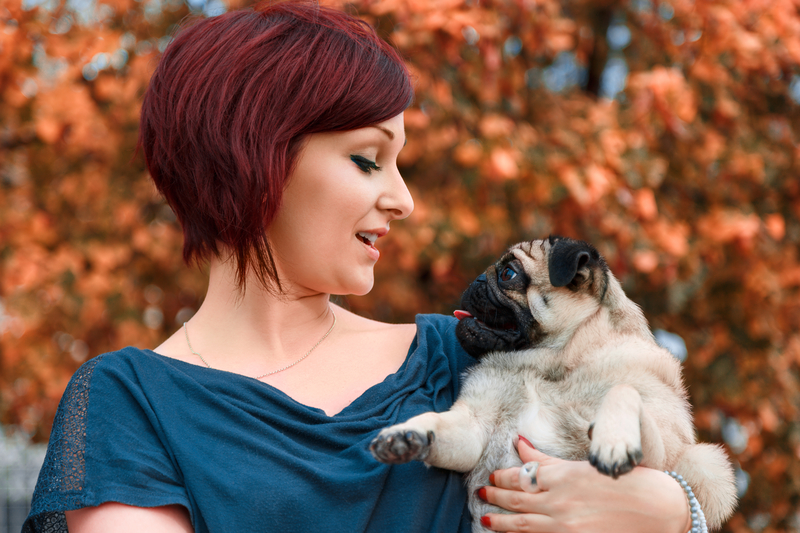This research will amaze you. Dogs can interpret our facial expressions and understand our audio cues. Now you know that your pooch is really hearing you when you talk to him. Find out more by reading below!
Researchers have looked at how dogs distinguish between our positive and negative expressions, and a recent study also investigated how well we’re able to get a read from dog faces. In the current human-looking-at-dog investigation, participants (some dog people, some not) were asked to evaluate dogs’ emotional states based on their facial expressions. Options ranged from sadness, fear, disgust and anger/aggression to happiness and surprise; participants were also asked to rate the degree to which these emotions were expressed.
Results showed that humans, even those who were the least empathic, were pretty good at this (the more empathic observers got the highest grades). We seem to be naturals at it. As Charles Darwin observed, our facial expressions are similar to those of dogs, so if we can understand human frowns and smiles, we can similarly deduce how our closest nonhuman companions are feeling.
This brings up another recent study, in which researchers in the UK explored the effects a variety of sounds had on canine behavior in a shelter. As a control, they used regular kennel sounds, to which they compared the effects of classical, pop, psychoacoustically designed canine music and an audiobook. The researchers concluded that their findings show a strong potential for auditory enrichment that can improve the welfare of shelter dogs.
WOW! It looks like we're a bit more connected to the animal kingdom than we thought. How amazing is that?! There's no doubt now that our pups can really understand us. It sure makes us feel a lot more connected to our puppies.
For more on this research and findings, be sure to check out The Bark.











Jane Carrillo
- Edit
Me like it
Ben Johnson
- Edit
OMG